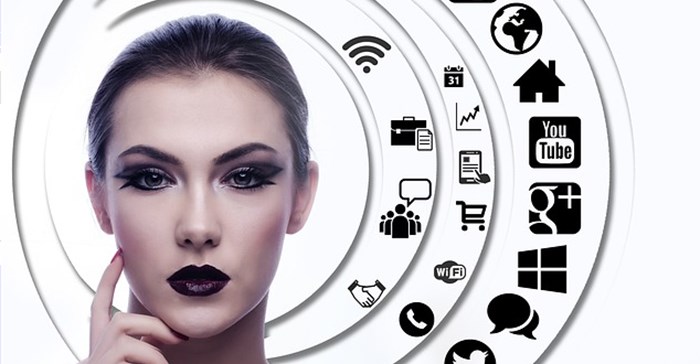With predictions that by 2020 there will be 26 billion connected devices, according to Gartner, an almost 30-fold increase from 2009 when there were just 0.9 billion, the world is on the brink of 'hyper-connectivity'
The hyper-connected customer
Living a hyper-connected life and fully embracing the digital economy is rapidly becoming a reality. According to The Guardian's report entitled In the Digital Economy, Reinvention is the Word, more than two billion people worldwide are walking around with sophisticated mobile devices in their pockets. Approximately 90% of the world's data has been generated in the last two years alone.
To add to the increasing hyper-connectedness, in 2015 so far, companies have further embraced this new world by investing more than $1.7tn in initiatives and technology supporting the internet of things (IoT).
What this does is it places customer engagement into perspective as one of the most important business imperatives for any organisation. You need to know your customer well if you are going to succeed in meeting the myriad of needs the hyper-connected customer has today.
Adapt or die
According to a recent Economic Intelligence Unit (EIU) study, nearly 60% of executives believe that failure to adapt to hyper-connectivity is the biggest risk to their organisation. For those who do seize the promises of the digital economy, an overwhelming 86% view these efforts as a positive influence on their organisation.
Locally, we have started to see this happening, but what makes it more challenging is the growth and power of mobile. In the study, it verifies that mobile holds great value throughout Africa. Thanks to mobile payment apps many are able to overcome the absence of established financial systems. And as the use of smartphones become more pervasive, better and cheaper access to the internet will drive more change and provide the hyper-connected customer with information and access.
The customer of the digital economy is looking for great service, convenience, and brands they can associate with. This is where the world is heading, and mobile will continue to play a crucial role going forward.
A digital disruption for retailers
While hyper-connectedness is a powerful tool for customers, for retailers it is undoubtedly a digital disruption. It is becoming more apparent that traditional business practices are becoming ineffective, which has, according to industry analysts, placed retailers in the midst of a "retail revolution."
Those that engage with customers, who give them what they want, both now and in the future, will lead this revolution. It is here where an omnichannel experience will make all the difference, providing the customer with what they want and being recognised and rewarded for their loyalty.
In MIT's recent report, Beyond the Checkout Cart, the omnichannel consumer is the central force shaping the future of e-commerce and brick-and-mortar stores alike. Gartner underpins the importance of this believing that "getting into data, analytics, or mobile isn't even a decision anymore."
The omnichannel consumer expects everything to be readily available at his or her fingertips and expects the overall brand experience to be similarly accessible. Whether we like it or not, omnichannel has met the hyper-connected customer and a retail revolution has been born.


































